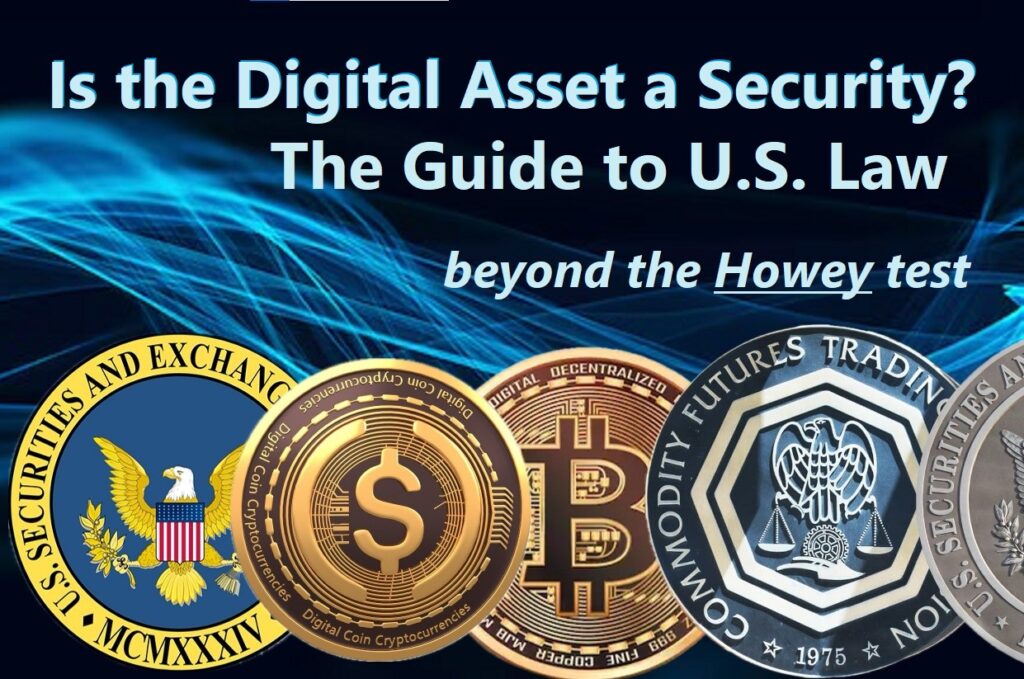STO - Security Token Offerings
Your business will benefit, aided by an expert, guiding hand to successfully guide its path to digitizing (tokenizing) a real-world asset. There are many decisions to be made. The answers to these questions are not intuitive. Marketplace development companies can answer these questions for you; yes. However, the answers you receive are likely to be those that are in the best interests of the marketplace development company, rather than the best interest of your business.
When what is at stake is a small amount of money, the investment in a crypto lawyer may not be justified. However, when the amounts of money are large; when the importance of the token issuance is great, the presence of an experienced, skilled crypto lawyer with a fiduciary duty to act in your best interest is necessary.
This process may be called a security token (STO). It may be coined “tokenizing a real-world asset (RWA).” It may be christened whatever tomorrow’s favorite acronym will be. What is really happening? Your business is taking something in the real world … an object (a chattel), land (real estate), fractional ownership in a business (stock/equity), debt (bonds, MBS, REIN), and transforming it to gain the benefits of a digital asset on a blockchain. For this process, a bridge must be built. Your bridge must span governmental regulatory requirements; it must span technological issues, it must span international differences, public perception issues, and your bridge must survive the crypto blockchain “jungle.” To create a bridge, an architect is needed. To create a security token, an experienced technology officer and a clever lawyer are needed.
should a crypto lawyer be hired
when issuing a security token?

what decisions need to be made
before offering a security token?
It is necessary to hire a crypto/blockchain lawyer and a STO development company to issue a security token. This is because issuing a security token is a specialized task requiring specific knowledge to accomplish the task effectively and legally.
Business executives must make a number of decisions during the planning and implementaion phase of issuing a Security Token. These decisions include:
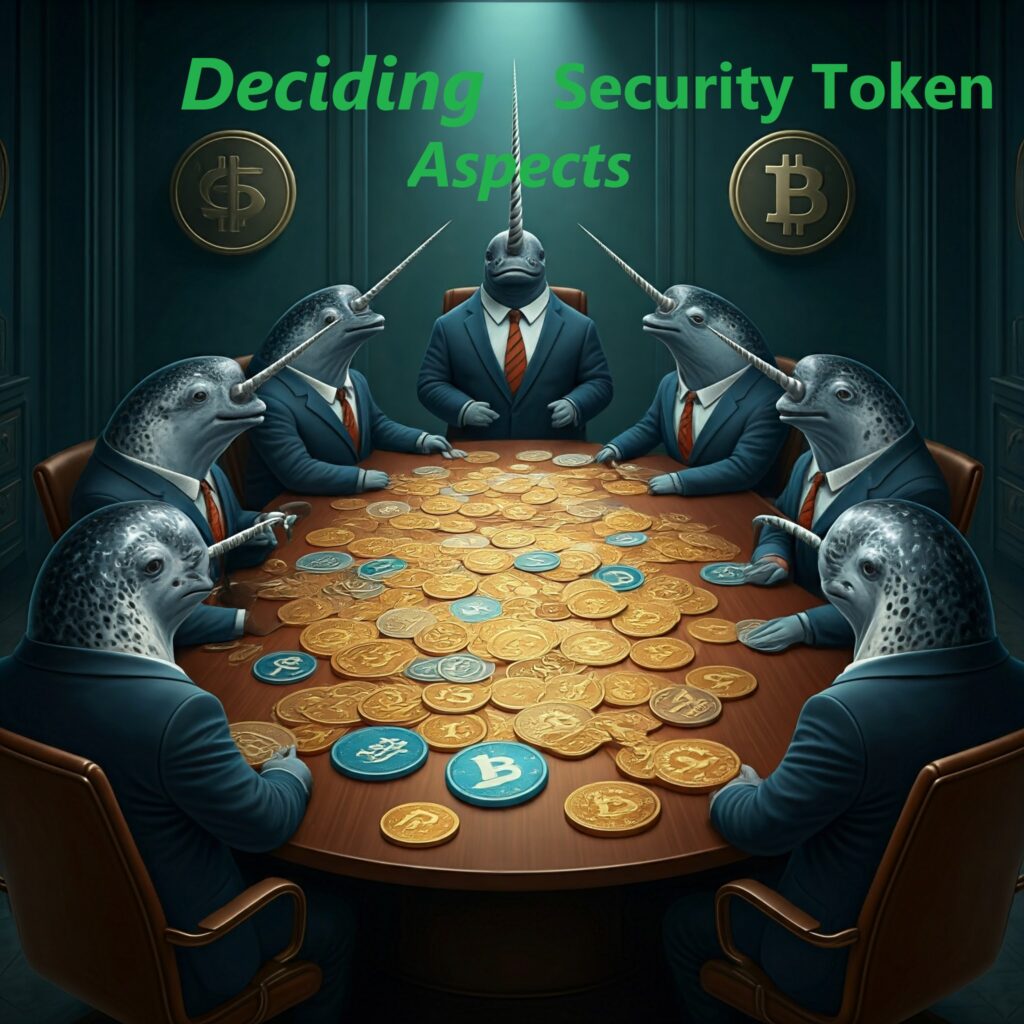
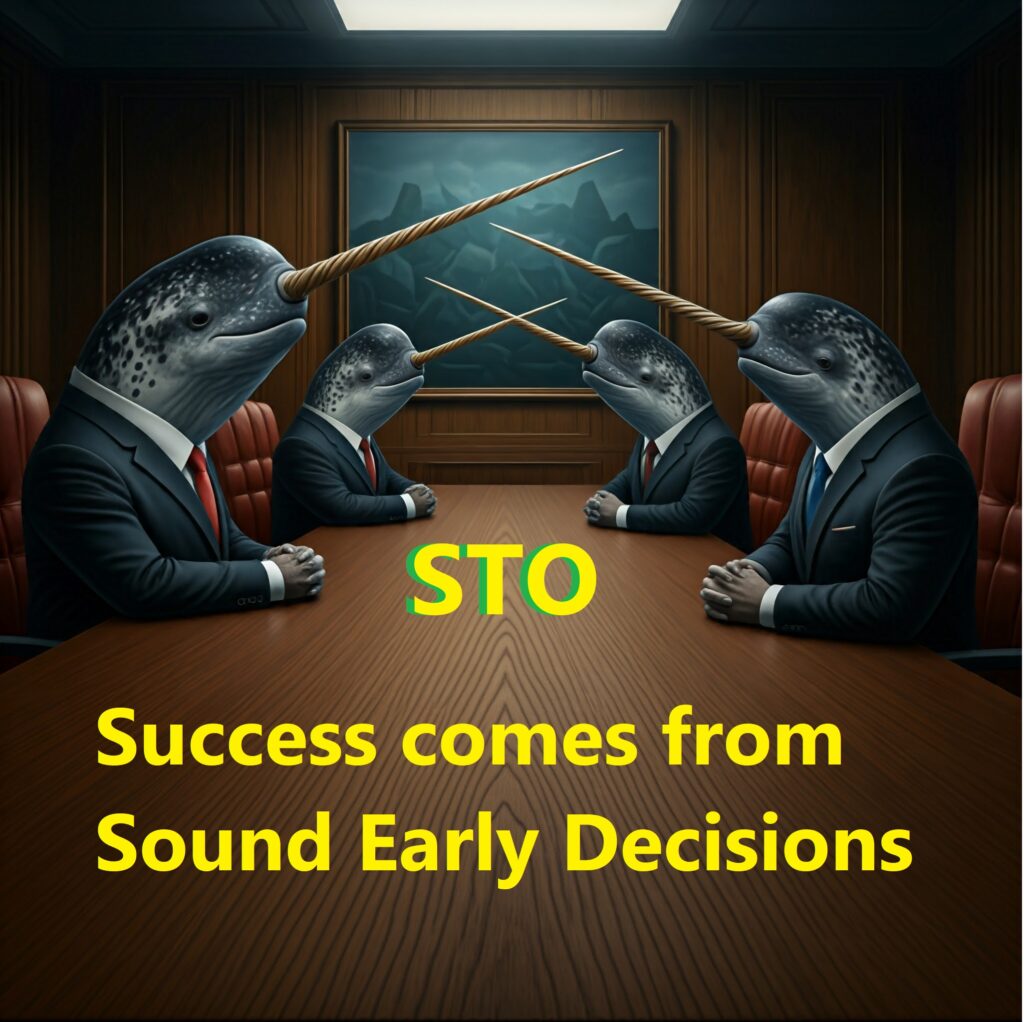
The Derivative Asset: What will be the asset that will form the foundation for the security token? This can be equity (fractional ownership in an entity, i.e. stock). This can be land (real estate). This can be a debt. It may be artwork or some rare object. This can be revenue sharing (or dividends). It may be a lottery (value through random selection). Nearly anything of value may be represented by a security token.
Location/Jurisdiction: Different countries and different states within countries have different laws relating to the regulation of security tokens. Managers need to be advised of the differences, and target the location of the STO issuance to take advantage of regulatory, tax, and practical implications.
The Development Company: Many independant contractor companies and STO providers have streamlined the process of creating security tokens. These tokens differ in customer-type focus, STO-type focus, jurisdictions they serve, laws with which they are familiar, likelihood they will be in business in the future, and price. A development company much be chosen that best matches the aspect of the security token you intend to issue.
The SPV – Special Purpose Vehicle: The manner in which a real world asset (or debt) is transformed into a security token is through a Special Purpose Vehicle. An SPV is a legal entity (for example a partnership, trust, or LLC) created as a structure to own what is to be tokenized, and set the conditions of the Security Token. Many decisions will need to be made in selecting the specific type and attributes of the SPV best suited to a particular security token.
The Platform: Security tokens may be bought and sold on different blockchains and platforms. Different platforms cador to different types of security tokens, different types of transactions, and different types of customers. Choose the marketplace platform that best suits your security token.
Investors: Every project is funded by a person, or group of persons. Laws define how projects must proceed depending upon the characteristics of its investors. Will it be the public at-large? Will it be a single person? Will it be a group of wealthy or learned “accredited” investors? These differences will greatly affect how the smart contract must be established and implimented.
Customers: What type of persons will be the target audience to buy the security tokens? Will it be the public at-large? Will it be a select group of pre-vetted persons? Will you know much about these persons or very little at all? Will customers be skilled and experienced in the platform marketplace and blockchains or will customers be novices? The characteristics of the STO purchaser must be determined in advance for a successful, legal security token issuance.
Tokenomics: How many security tokens will be created? What will be the target price? How many security tokens will be treasury (kept by the company for later use and not issued)? What will be the target equity and revenue per security token?
Smart Contract Terms: The functionality of the security contract is frequently programmed into the token’s aspects via a smart contract. These functions must be specifically defined in advance.
AML/KYC: Who will be your AML/KYC team? Most jurisdictions will require that the security token comply with anti-terrorism and bank secrecy laws for anti-money laundering. The personnel and procedures to comply with these laws need to be established before the security token is issued.
Wallet Integration: Security tokens will be stored in digital wallets and integrated into existing custody services. The manner, degree, and integration will need to be defined before the security token is issued.
Marketing: How will the security token be promoted? Will there be personal solicitation of a smaller number of high purchase individuals? Will there be a broad solicitation of many small buyers? Will you rely upon word-of-mouth and gorilla marketing? Will you use a traditional marketing campaign?
It is necessary to hire a crypto/blockchain lawyer and a STO development company to issue a security token. This is because issuing a security token is a specialized task requiring specific knowledge to accomplish the task effectively and legally.
Business executives must make a number of decisions during the planning and implementaion phase of issuing a Security Token. These decisions include:
The Derivative Asset: What will be the asset that will form the foundation for the security token? This can be equity (fractional ownership in an entity, i.e. stock). This can be land (real estate). This can be a debt. It may be artwork or some rare object. This can be revenue sharing (or dividends). It may be a lottery (value through random selection). Nearly anything of value may be represented by a security token.
Location/Jurisdiction: Different countries and different states within countries have different laws relating to the regulation of security tokens. Managers need to be advised of the differences, and target the location of the STO issuance to take advantage of regulatory, tax, and practical implications.
The Development Company: Many independant contractor companies and STO providers have streamlined the process of creating security tokens. These tokens differ in customer-type focus, STO-type focus, jurisdictions they serve, laws with which they are familiar, likelihood they will be in business in the future, and price. A development company much be chosen that best matches the aspect of the security token you intend to issue.
The SPV – Special Purpose Vehicle: The manner in which a real world asset (or debt) is transformed into a security token is through a Special Purpose Vehicle. An SPV is a legal entity (for example a partnership, trust, or LLC) created as a structure to own what is to be tokenized, and set the conditions of the Security Token. Many decisions will need to be made in selecting the specific type and attributes of the SPV best suited to a particular security token.
The Platform: Security tokens may be bought and sold on different blockchains and platforms. Different platforms cador to different types of security tokens, different types of transactions, and different types of customers. Choose the marketplace platform that best suits your security token.
Investors: Every project is funded by a person, or group of persons. Laws define how projects must proceed depending upon the characteristics of its investors. Will it be the public at-large? Will it be a single person? Will it be a group of wealthy or learned “accredited” investors? These differences will greatly affect how the smart contract must be established and implimented.
Customers: What type of persons will be the target audience to buy the security tokens? Will it be the public at-large? Will it be a select group of pre-vetted persons? Will you know much about these persons or very little at all? Will customers be skilled and experienced in the platform marketplace and blockchains or will customers be novices? The characteristics of the STO purchaser must be determined in advance for a successful, legal security token issuance.
Tokenomics: How many security tokens will be created? What will be the target price? How many security tokens will be treasury (kept by the company for later use and not issued)? What will be the target equity and revenue per security token?
Smart Contract Terms: The functionality of the security contract is frequently programmed into the token’s aspects via a smart contract. These functions must be specifically defined in advance.
AML/KYC: Who will be your AML/KYC team? Most jurisdictions will require that the security token comply with anti-terrorism and bank secrecy laws for anti-money laundering. The personnel and procedures to comply with these laws need to be established before the security token is issued.
Wallet Integration: Security tokens will be stored in digital wallets and integrated into existing custody services. The manner, degree, and integration will need to be defined before the security token is issued.
Marketing: How will the security token be promoted? Will there be personal solicitation of a smaller number of high purchase individuals? Will there be a broad solicitation of many small buyers? Will you rely upon word-of-mouth and gorilla marketing? Will you use a traditional marketing campaign?
To What Extent is a Security Token Offering a Derivative?
This is an interesting question. The STO is, by definition a derivative. That is, the value of the security token is derived from the value of the underlying asset for which it is a security.
Security tokens differ from historical derivatives. In normal financial markets, derivatives have expected attributes. These include:
- Time Constraints
- Settlement Model / Obligation Symmetry
- Crypto / Blockchain Security Token can but need not have any of the attributes of traditional derivatives.

Legal Issues with a S.A.F.E.
When you sign a SAFE, you are creating an investment contract governed by the Securities Act of 1933. This means regulation and compliance with the Securities and Exchange Commission. This means you can face civil and criminal penalties for non-disclosure, false disclosure, failing to file the appropriate
The SAFE is a contract. This means you can be sued for breach of its terms. You face tort liability for any wrongful actions you take with the investor (your new business partner). Risks include: paperwork, etc.
-
Breach of Contract
-
Breach of Bailment
-
Fraudulent Misrepresentation
-
Negligence (pure)
-
Negligent Infliction of Emotional Distress
-
Negligence Per Se
-
Negligent Misrepresentation
-
Trespass to Chattels
-
Conversion
-
Intentional Interference with Contractual Relations
-
Conspiracy
Founders prefer a SAFE for several reasons. First, the founder’s own personal assets are not used. Second, the terms of a SAFE are usually better for the startup founder than terms typically found with straight debt, or a convertible note. Third, other options, such as a SAFT, crowdfunding, or accelerator funding may not be practical given the startup’s circumstances. Fourth, the SAFE allows founders flexibility on how the company raises capital.
what options are available for a Security token offering?
The beauty of the digital asset / blockchain space is its nacency. The crypto space is not burdened by legacy traditions or the weight of past solutions to past problems. A DeFi business has many options from which to choose when creating a security token offering. Better still, collaboration with the Technology Officer can create security tokens with novel attributes!
Let us run through a number of the options you have when creating your Security Token Offering. Keep in mind, fusions of concept and new specific attributes can be created.
A Mutual Fund Model Security Token: Financial businesses with the ability to bundle assets can create security tokens resembling a mutual fund. The underlying assets could be managed using the skill and experience of the manager to maximize value with the variety of derived assets lowering the business (if not systemic) risk.
An ETF Exchange Traded Fund Model Security Token: Any financial enterprise capable of bundling assets and wanting to maximize price value for its customers can forgoe active management and the other contraints of the Mutual Fund Model Security Token and opt for an ETF model. The options upon which to base the group of derived assets is vast. Land, debt, company equity, and even commodities are options.
The Options Model Security Token: a Call, a Put, a Saddle Strategy, Bear Call, Bear Put, where does your imaginative strategy take you?! There is no particular reason exotic security tokens cannot be created to capitalize on proven financial market strategies to benefit your customers and business.
The Swap Model Security Token: Financial market swap models can be molded into a product for the blockchain Web3 space. Dividends or cash flow between different security tokens can be exchanged. How big will the security token swaps market be in ten years? What early-entry businesses will most benefit by creating market dominance?
A Forward-Futures Model Security Token: Once again, we must lean on the Chief Technology Officer; this time, to program a smart contract to buy or sell particularized security tokens at a specified time, price, or oracle input. The exchange your business will use to market a Forward-Futures Securty Token will be an important consideration. Real differences will exist between how a Forward-Futures token will trade on a centralized versus a decentralized exchange.
Market Derivatives Security Token: Options and Futures can be used as the underlying asset upon which a security token may be based. The question to be answered is; what derivatives best lend themselves to the crypto market?
Mathematical Derivative Token Model: Models using math developed in the financial markets to anticipate the strike price of alternative assets can be “tokenized” into a security token product. The interesting question of these security tokens is the derived asset (real estate? art? another blockchain asset? a commodity? wine?)
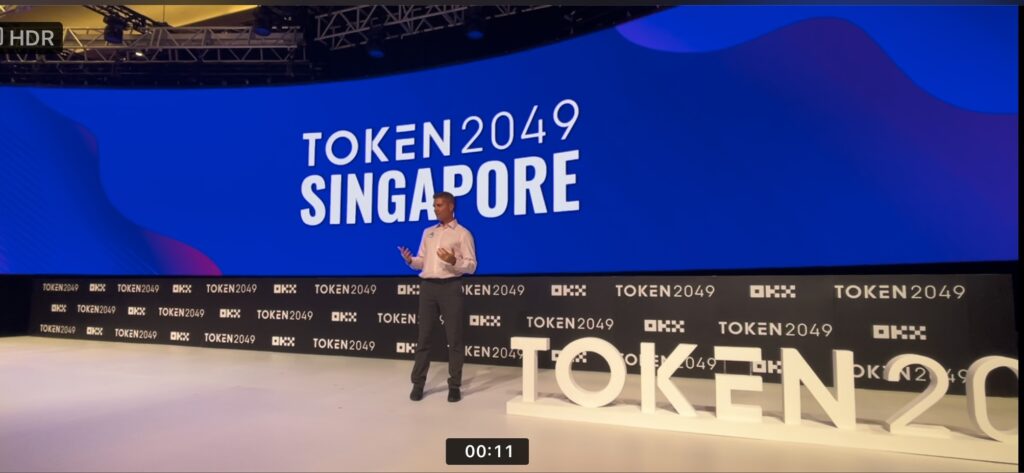
what is a security token?
A security token is a digital representation of an asset that is recorded on a blockchain. Your attention should be directed to the work “security” to understand a security token. Many believe that a “security token” is limited to digital asset tokens that meet the definition of a security within the meaning of the equity stock markets. However, in its broadest sense, the “security” in a security token merely denotes that it is a digital crypto token recorded on a blockchain that is tied to value unrelated to the blockchain. These items of value tied to the security token can mean a vast array of ideas, but typically fall into the following categories:
- Fractional ownership in an entity (stock, a security within the meaning of the SEC)
- Real estate (land)
- Chattels (physical objects in the real world, aka RWA)
- Intellectual property (patents, trademarks, copyrights, and trade secrets)
For purpose of this website, let us focus on the aspect of a security token that is considered a security under laws such as the Securities Act of 1933, and the Howie test that has so thoroughly defined it.
what is the purpose of a business issuing tokens?
- Raise money
- Reduce costs
- Create utility within a business ecosystem, some sort of service.
- Reach a wider audience
- Increase trust
- Track/monitor transactions (transparency)
- Easier transactions
- Privacy (within the confines of how blockchains work)
- Scale a business activity to higher volumesand/or greater speeds
- Faster transactino settlement
Tokens can be seen as either utility tokens or security tokens
Security tokens represent assets, whether they are fractional ownership in a business entity or an investment hoping for future profits or some other item of value.
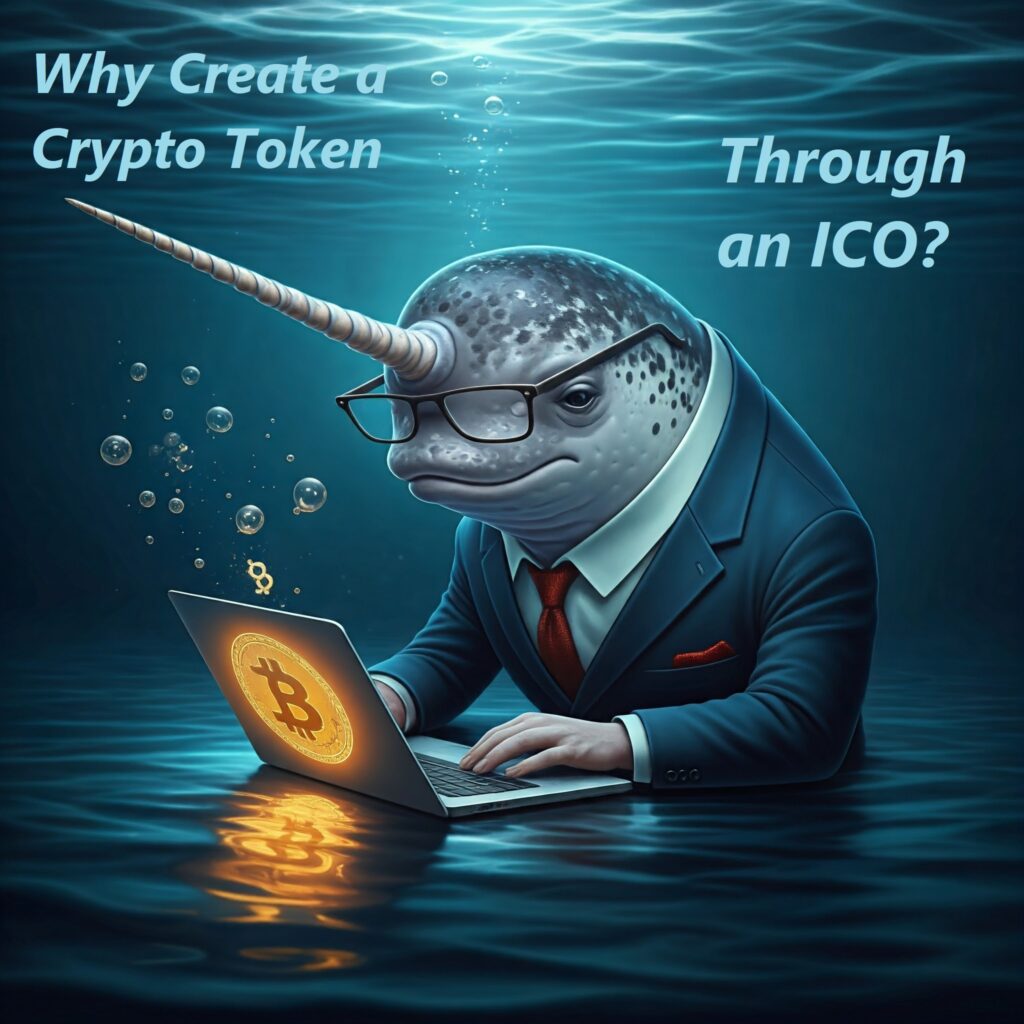
What are Key Aspects of general (non-security) Digital Tokens Offered in an ICO Initial Coin Offering?
ICO tokens are known for their lack of regulatory compliance and oversight. ICO businesses conducted digital assets token issuances in owner to raise funds without the costs, and regulatory burdens of a securities issuance. In short, the ICO was known for its
- May be issues for purpose such as an investment, for utility, attention, to memorialize an event, or some other use,
- Lack of regulation (governmental or SGO),
- Lower cost to raise capital,
- Faster time to raise capital,
- Simplicity,
- Lower amount of work to raise capital,
- Anonymity for the businesses,
- Anonymity for investors,
- Lack of limitations for investors to enter or exit,
- Businesses got to keep their ownership interest,
- Businesses got to keep their profits,
- Investors have little or no “lockdown” period in which they had to keep their tokens. Many ICO investors could immediately resell their digital crypto tokens on the secondary market.
- High risk of scams,
- High risk of failed business ventures,
- High risk that coin value will decrease.
In essence, all that has been needed to make an ICO was a website, and a little coding time on a blockchain.
Problems arose with the initial stage of ICO digital crypto token issuances:
- Governmental and quasi-governmental regulators investigated and “cracked down” on ICO issuers,
- Investors lost confidence in the ICO market as a whole in response to the many disreputable ICO issuers.
In candor, many if not most ICO digital crypto tokens would be considered securities that should be regulated by the Securities and Exchange Commission or other relevant government oversight departments.
What are Key Aspects of a Security Token?
An STO within the meaning of equity markets seeks to sell a security in the form of a crypto digital blockchain token to investors without the cost, work and delay of an initial public offering.
How do STO Security Tokens work around the regulatory requirements of an Initial Public Offering?
Security Tokens seek to use existing securities laws to issue their digital investment under several exemptions recognized by U.S. securities laws. These are:
- Regulation D (accredited investors only) unlimited money can be raised with a one year “lockup” period.
- Regulation CF (accredits and non-accredited) but only $1,070,000 can be raised and there is a one year “lockup” period.
- Regulation A+ (requires qualification by the SEC, meaning approval) but only $50,000,000 can be raised, there is no lockup period.
The “lockup” period means as an investor, you cannot sell your investment on the market and must hold it during the time of the lock up period. Lock up periods are designed to combat “pump and dump” schemes.

A Security Token Offering has advantages over a traditional ICO Initial Coin Offering. STO advantages include:
- Reduced likelihood of scams (safer),
- Higher transparency of business ownership compared to traditional securities because most blockchains are public,
- Higher time accuracy of who a business’ owners are because blockchains are contemporaneous and are not hampered by the legacy delays of clearing and settling,
- Higher liquidity gained from a wider pool of potential investors and lower barriers to investment,
- Greater market access to major assets through the fractional ownership of low volume high-cost assets (think real estate, artwork, etc.),
- Disintermediation: in other words a more streamlined path to public business ownership without the drag of traditional intermediaries, such as introducing brokers, brokers, dealers, clearinghouses, commodity pool operators, commodity trading advisors, futures commission merchants, major swap participants, swaps dealers, and the list goes on!
- Programmability: unlike traditional equity investments, security tokens can be paired with smart contracts that can have automatic directives to advantage market participants with the limits being only the program language, blockchain aspects, and imagination of the issuer,
- Reduced likelihood of business failure,
- Reduced likelihood of token price crashes,
- Increased perception of legitimacy stemming from STO regulatory compliance,
- Increased market liquidity as Security Tokens are listed on verified exchanges ,
- A larger investor market.
what are the
advantages of a security token?

What are the Disadvantages of Offering a Security Token?
A Security Token Offering also has disadvantages over a traditional ICO Initial Coin Offering. STO disadvantages include:
- Higher cost,
- Higher amount of work to create a Security Token Offering,
- Longer time period for an issuance of a Security Token Offering,
- Higher risk of delays and obstacles to successfully issue a Security Token Offering due to regulatory oversight,
- Reduced investor pool for Regulation D Security Tokens (accredited investors only),
- Delayed access to the secondary market aka delayed liquidity for Regulation D and Regulation CF STOs due to lockdown periods,
- A ceiling for the amount of money that can be raised for Regulation CF and Regulation A+ Security Token Offerings,
- Security risks of any crypto token blockchain, such as loss of one’s private key.
- Business risk, such as the company going bankrupt or if management fails to honor predetermined conditions,
- Industry risk, as the cryptocurrency industry is more volatile than traditional equity markets.
- Compliance risk stemming from the chance that laws, rules, regulations, proscribed practices or ethical standards will change to the detriment of the security token investor,
- Reputation risk, stemming from the lower public opinion of crypto blockchain investments compared to traditional equity investments,
- Tax risks come from the evolving nature of how digital assets are taxes compared to traditional legacy investments.

How Do Various Countries Regulate Security Tokens?
The United States
Governing Body: SEC: Securities and Exchange Commission and CFTC: Commodity Futures Trading Commission
The SEC treats virtually all STO tokens as securities just like any other stock under American law. There appears to be no significant difference in regulatory treatment of security tokens when compared to traditional securities. I list the CFTC even though it deals with commodities and futures. This is because many STO tokens have a close resemblance to commodities, and may therefore be regulated by the CFTC.
Lithuania (Lietuvos Respublika)
Governing Body: Lithuanian Ministry of Finance
- First country in Europe to recognize Security tokens
- Has detailed STO regulations
- Government support for STO offerings
The United Kingdom (The United Kingdom of Great Britain and Northern Ireland)
Governing Body: FCA: The Financial Conduct Authority
- Has release guidance on STOs as “special investments” under the regulated activities order
- Holders have rights and obligations similar to traditional financial instruments
Switzerland (Confoederatio Helvetica)
Governing Body: FINMA: The Swiss Financial Market Supervisory Authority
- Security tokens are regulated in the same manner as equity securities
- FINMA is involved with STO projects
- FINMA conducts a review process for digital asset token proposals
- FINMA confirms designation of token offerings
Singapore (The Republic of Singapore)
Governing Body: MAS: The Monetary Authority of Singapore
- Defines and Regulates Security tokens in the same manner as equity securities
- A “Sandbox” business zone for digital asset market participants, governing blockchain token exchanges and platforms
- Has written guidelines for Digital Asset Offerings that applies to security tokens
United States Court Cases Involving Security Tokens
Only one case appears to have been decided by a United States Court of Appeals regarding a security tokens. This was the case of Newstyle Capital Inv. Mgmt. (Hong Kong) Ltd. v. Mobile Gaming Techs., A159013 (Cal. App. May 28, 2021). The Newstyle case revolved around the enforceability of an arbitration clause in a Token Purchase Agreement. The Court of appeals agreed with the trial court that a party who is not a party to the agreement cannot be forced to arbitrate based on the agreement’s arbitration clause.
Specifically, the case proceeded as follows:
Defendant CashBet created a cryptocurrency, the CashBet Coin, for use on an online gambling platform. Plaintiff Newstyle is a Hong Kong-based investment fund that had money at stake with CashBet.
Mobile Gaming offered CashBet Coins by marketing to investors a written $2,000,000.00 Token Purchase Agreement. The Token Purchase Agreement gave investors the right to acquire CashBet Coins from CashBet. The purchase agreement between Newstyle and CashBet contained an arbitration clause. The parties agree that the Token Purchase Agreement was an investment contract, and therefore a type of security regulated by United States federal securities laws and regulations.
The parties filed SEC Form D, to avail themselves of Regulation D, exempting them from registering with the Securities and Exchange commission.
Later, Newstyle filed a lawsuit against CashBet for violating the Securities Act of 1933. The violations allegedly occurred in connection with Newstyle’s purchase of a cryptocurrency created by CashBet Alderney Limited (CashBet), a wholly owned subsidiary of Mobile Gaming. Newstyle sought “recessionary damages, prejudgment interest, and costs of suit.”
Mobile Gaming filed a motion to compel arbitration pursuant to the Token Purchase Agreement. Newstyle denied it had agreed to arbitrate. It emphasized it was not acting on behalf of an entity that had agreed to arbitrate. The trial court agreed with Newstyle and found the arbitration clause of the Token Purchase Agreement inapplicable.
Mobile Gaming Technologies, Inc. (Mobile Gaming), Fred Hsu, George Weinberg, and Michael Reaves, joined by Yinchao Wang appealed. The California Court of appeals agreed with the trial court. It held that Mobile Gaming, non-signatories to the contract, could not compel Newstyle to arbitrate the underlying dispute.
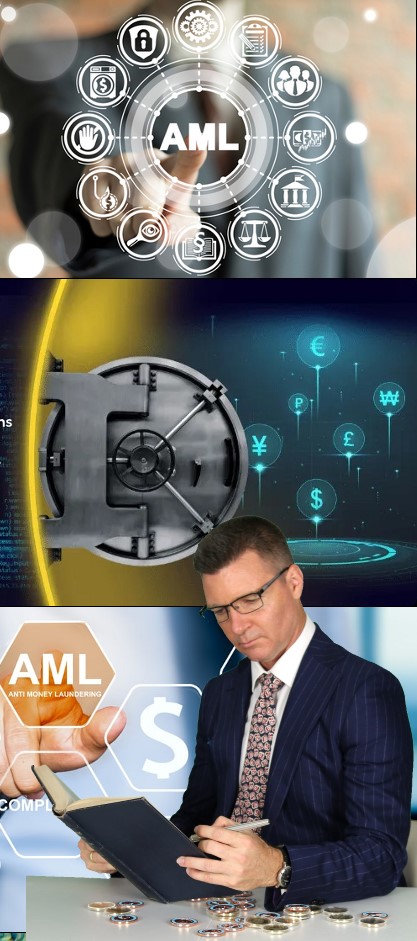
What are the Top Security Token Companies?
RedSwan, CRE Marketplace, in partnership with PolyMath (blockchain)
- Commercial Real Estate in the United States and Ontario Canada (and some german properties)
KlickOwn, in partnership with Bitbond
- Digital Bonds and Securities
PixelPlex, through their platform Resort STO, on the Ethereum blockchain
- Hotels and Resorts
- HBE tokens for financial equity for health companies
Blockchain Capital (BCAP)
- Decentralized finance and consumer secondary markets
SpiceVC (SPICE)
- Securities firms, real estate, payment systems, and lotteries.

Other Important Security Token Development Companies
- This STO development business provides end to end tailored services for paying clients.
- This STO development business provides a comprehensive array of services for Web3 businesses who want to issue a security token. SAG IPL advertises it offers a user-friendly, scalable, secure platform for real world assets trading on blockchains.
- This STO development business focuses more on vertical integration throughout the entire security token lifecycle.
- This STO development business focuses more on horizontal integration with an emphasis on development.
- This STO development business focuses on user-friendly solutions for more entry level participants.
- This STO development business attempts to be a full spectrum STO development company with a focus on regulatory compliance and technological development.
- This STO development business provides scalable secure platforms for end-to-end Web3 needs.
- This STO development business advertises the quality of its operations, with particular emphasis on user experience and security.
- This is another comprehensive STO development business, advertising technical acumen and a user-centric experience. Orangemantra looks for an approach able to address the full diversity of requirements that security token issuers and customers need rather than a narrow focus on perfecting a few technical accomplishments.
- This is an STO company focusing on reliability. BR Softech wants to deliver a scalable secure platform throughout the development lifecycle that is reliable.
- This is an STO business advertising a holistic approach for regulatory compliance and trust.
- This is an STO business advertising a tailored approach to meet the Web3 needs of its customers.
- This is an STO business offering end-to-end solutions with reliability throughout the STO life cycle.
- This is an STO development business seeking to have its customers benefit from security token advantages for a seamless transition from traditional legacy business solutions to the digital assets age.
- This is an STO development business providing comprehensive tailored solutions for tokenizing real world assets on a blockchain. Biovus seeks to excel in security, compliance, and reliability.
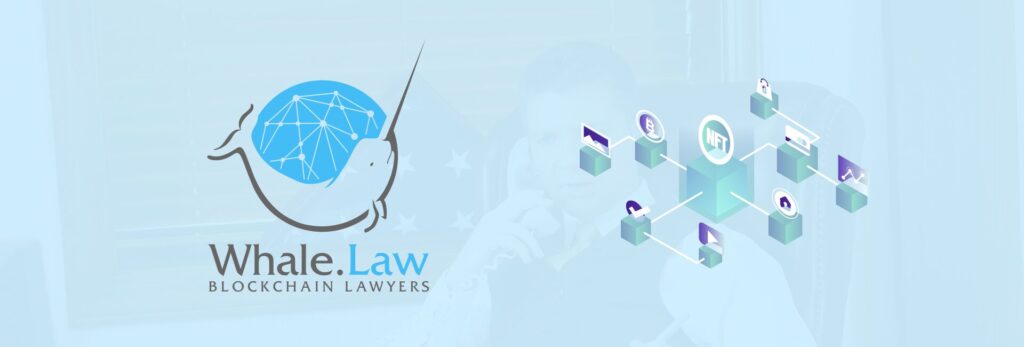
What are the Top Security Token Exchanges?
- This is the most successful security token platform. It hosts both primary market (from the initial issuing company), and the secondary market (trading between buyers and sellers on the open market without active participation from the issuing company). Securitize is an FINRA member, a SIPC member, and registered with the SEC.
INX (previously Openfinance)
- This is a decentralized trading platform based in the United States. It is primarily a secondary marketplace. It is an excellent option for decentralized transactions in alternative assets and blockchain token securities. Open to accredited investors globally. Currently trading six security tokens, INX, SPiCE VC, Blockchain Capital, Protos, Science Blockchain, and 22x Fund.
tZero (and tZero ATS)
- This is a once hyped and well-funded and supported platform that has largely failed in its attempts to gain market share of security tokens. Criticisms include a lack of diversity in tokens offered, a poor customer interface, and inefficiencies in trading. Open to retail non-accredited and accredited investors in the US as well as accredited investors globally.
- A Singapore exchange in development.
- An Amsterdam equities exchange in development.
- A comprehensive STO platform relying on the SRC20 protocol. This seems to still be a project not quite fully developed.
- Owned by Merj Exchange Limited, including MERJ Clear and MERJ Dep. It has a trading fee of .25% of transaction value.
- A Seychelles entity, mainly in development. The framework designer of the ERC 20 decentralized application with smart contracts on Ethereum. GSX aims to lead the world for institutional token sales.
- Also known as InestaCrowd, it seeks to marry finance, technology, legal, and private equity markets with its infrastructure. (Hong Kong BTSE)
- A United States entity focusing on trading tools for the fixed income market. (PPEX ATS)
- Based in Luxemburg. A leader in developing an institutional grade platform for issuing and managing tokenized securities.
- A platform for responsibly listing decentralized funding projects and digital assets represented by tokens, with many entrants in the publishing and news industry.
- A platform especially helping startups and launches on Ethereum.
- A U.S. based mainstream company for the banking industry. Its goal is to expand to trade in all asset groups, from stocks, real estate, agriculture, etcetera, all represented as tokenized digital assets.
- An intermediary launching and managing its clients’ tokenized digital assets. It also provides a path by which investors may buy its clients’ security tokens.
- A Liechtenstein, Lithuanian company based in Switzerland offering a platform facilitating institutional trading of blockchain assets in its marketplace. (FMA TT Service Provider)
Boston Security Token Exchange
- BSTX is in development mainly under Regulation A in a joint venture with BOX exchange and tZero.
- The “elephant in the room” but for the masses and not necessarily for boutique businesses. Mainly offering custody services and investment in issuance platforms.
- Specifically established to issue security tokens, and assist its clients through the compliance process.
- A private equities exchange based in the United Kingdom.
- Owns Bondex. It was the first fully regulated European Securities Exchange for (tokenized) securities and digitized assets.
DTCC Digital (US) Inc.
- The Depository Trust and Clearing Corporation. Formerly Securrency.
- Accredited investors only for equity crowdfunding and liquidity.
- Based in the United Kingdom. The UK’s first FCA regulated digital securities exchange, broker, and custodian, and the first firm on the FCA’s Crypto asset register. Archax provides institutional investors with a secure and regulated platform to trade various types of digital assets, including cryptocurrencies and digital securities.
Boerse Stuttgart Digital Exchange
- A German based joint venture of Boerse Stuttgart, Axel Springer finanzen.net, and SBI Group. It seeks to be a regulated digital asset exchange compliant with the German Banking Act.
- Advertises itself as a modern and efficient alternative for companies looking to access the Canadianpublic capital markets.
- Based in Estonia and plans to launch full services. This project seems to have been sold to a company names Pulsa303, offering lottery, games, and casino services in a wold format I would not trust.
- Based in the Netherlands and in development in partnership with Tokeny.
- Based in the Netherlands seeking to tokenize SMEs with ownership in the Nederlandsche Participatie Exchange (NPEX)
- A U.S. based private liquidity pool in development.
Forge, formerly Sharepost
- A U.S. based private equity ownership and resale of traditional private equity ownership in unicorn companies.
Orderbook by Ambisafe
- Secondary sale of private equity ownership in unicorn companies.
- A U.S. based global platform still in development.
IX Swap VRBex
- In development for accredited investors globally
- A U.S. based project in development
- A U.S. based project in development that appears to have begun trading, has a mobile app, and is increasing its functionality.
New York Security Token Exchange
- A sophisticated, well funded U.S. based project in development with partnerships with many large tech companies. A pioneet in security tokens.
- A Singapore based exchange approved as a Recognized Market Operator by the Monetary Authority of Singapore.
- A U.S. based FINRA approved ATS
GLASS, Global Liquidity and Settlement System
- A U.S. based project Launched by SharesPost, Huobi, OKEx, and OKCOINpartnership. It is a decentralized network of crypto trading platforms, pooling liquidity and enabling compliant settlement. This appears to have been a significant enterprise but many links to it are inoperative and there appears to be no recent activity.
- A U.S. based joint venture between CPROP and seriesOne Securities LLC (FINRA broker dealer) for building securities exchanges hoping to be a marketplace for digital asset securities. In development only.

Trial lawyer Matt Hamilton graduated from the University of Missouri in 1995 with Science degrees in Logistics, Marketing, and Business Administration. Juris Doctor, 1999.
Let's talk. How can we improve your business situation?


